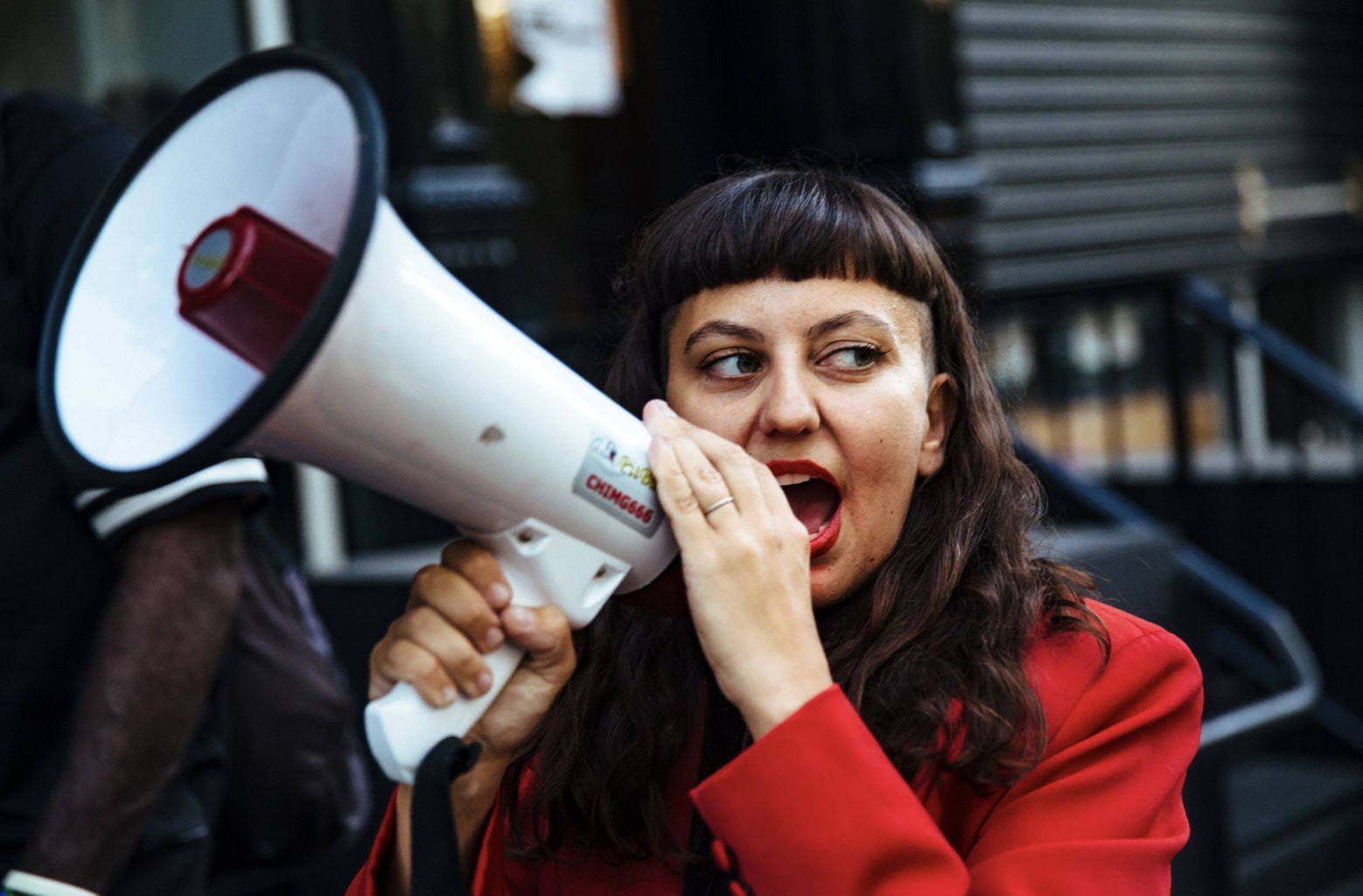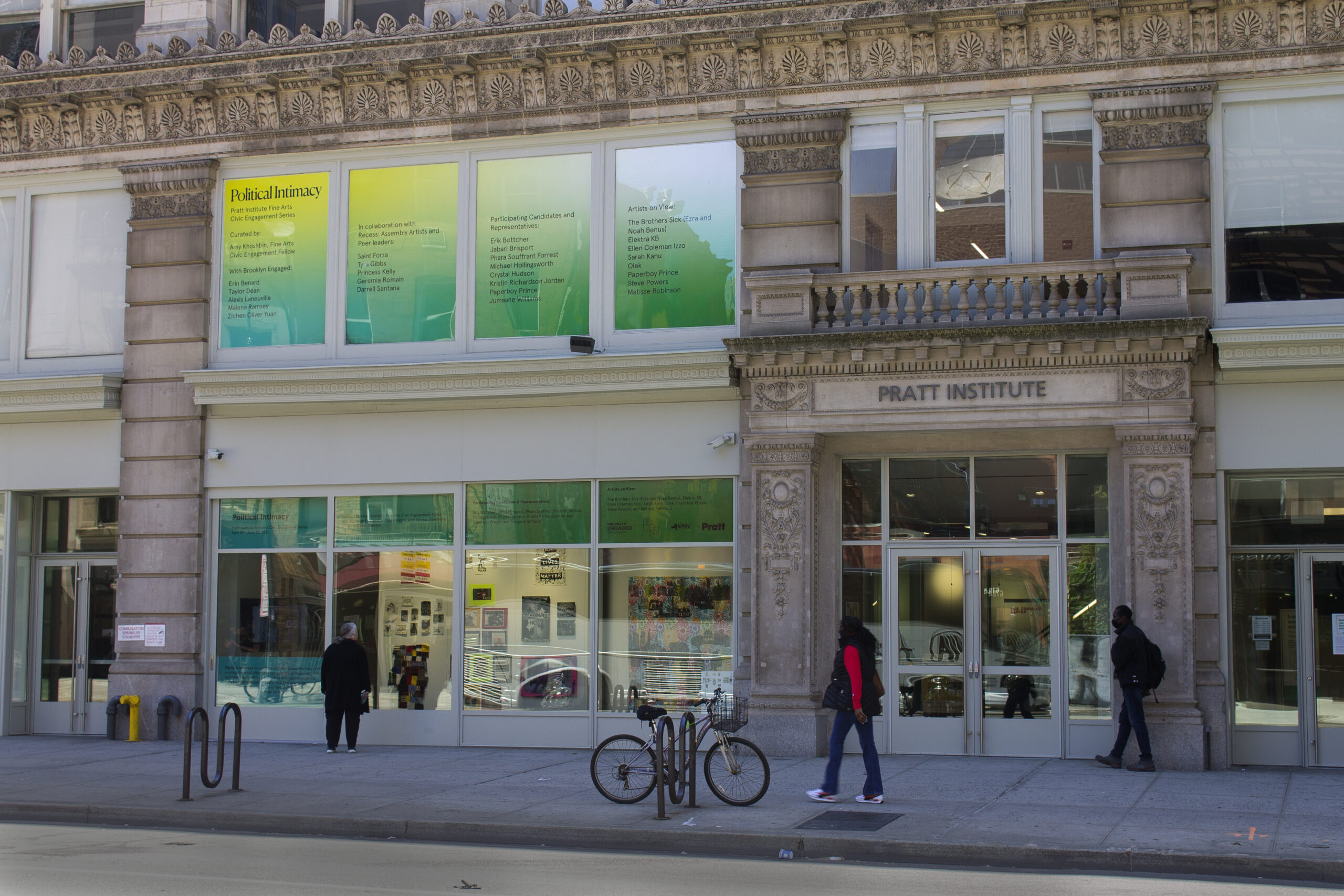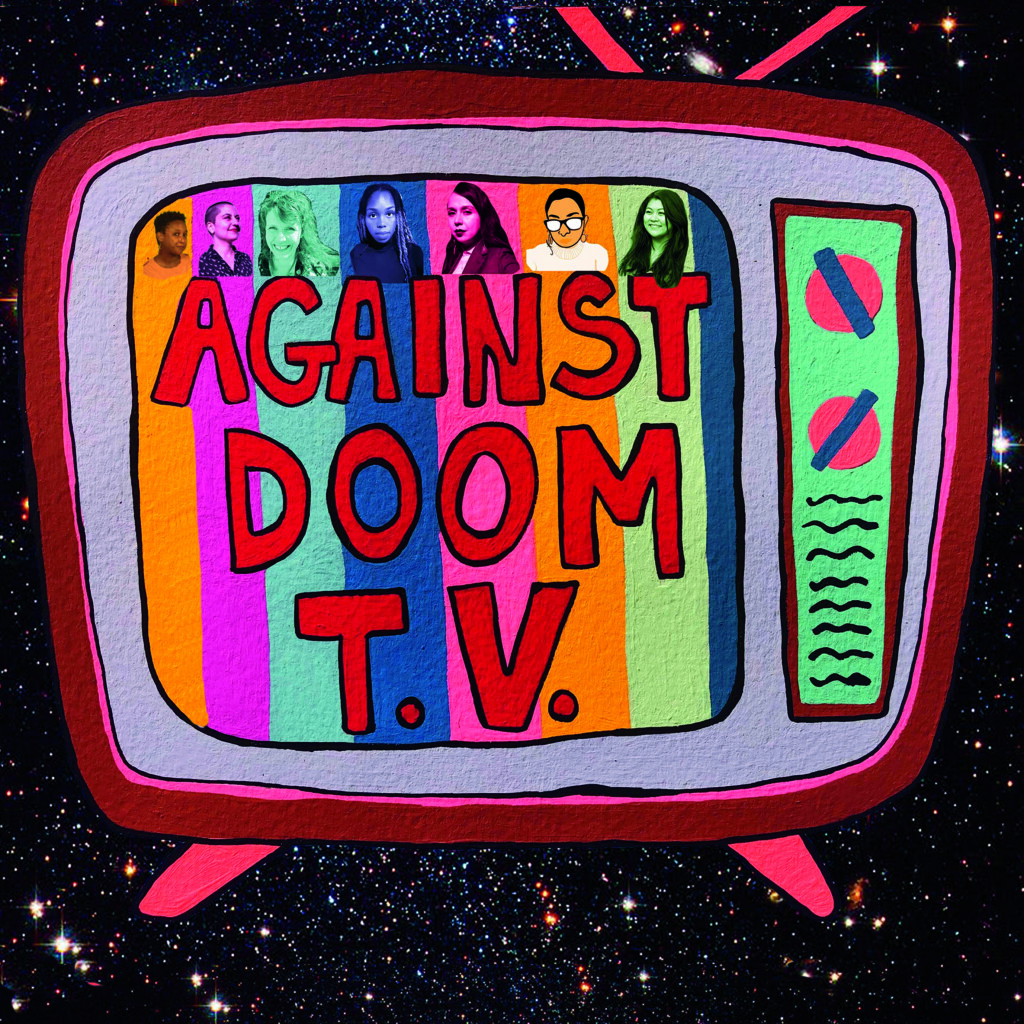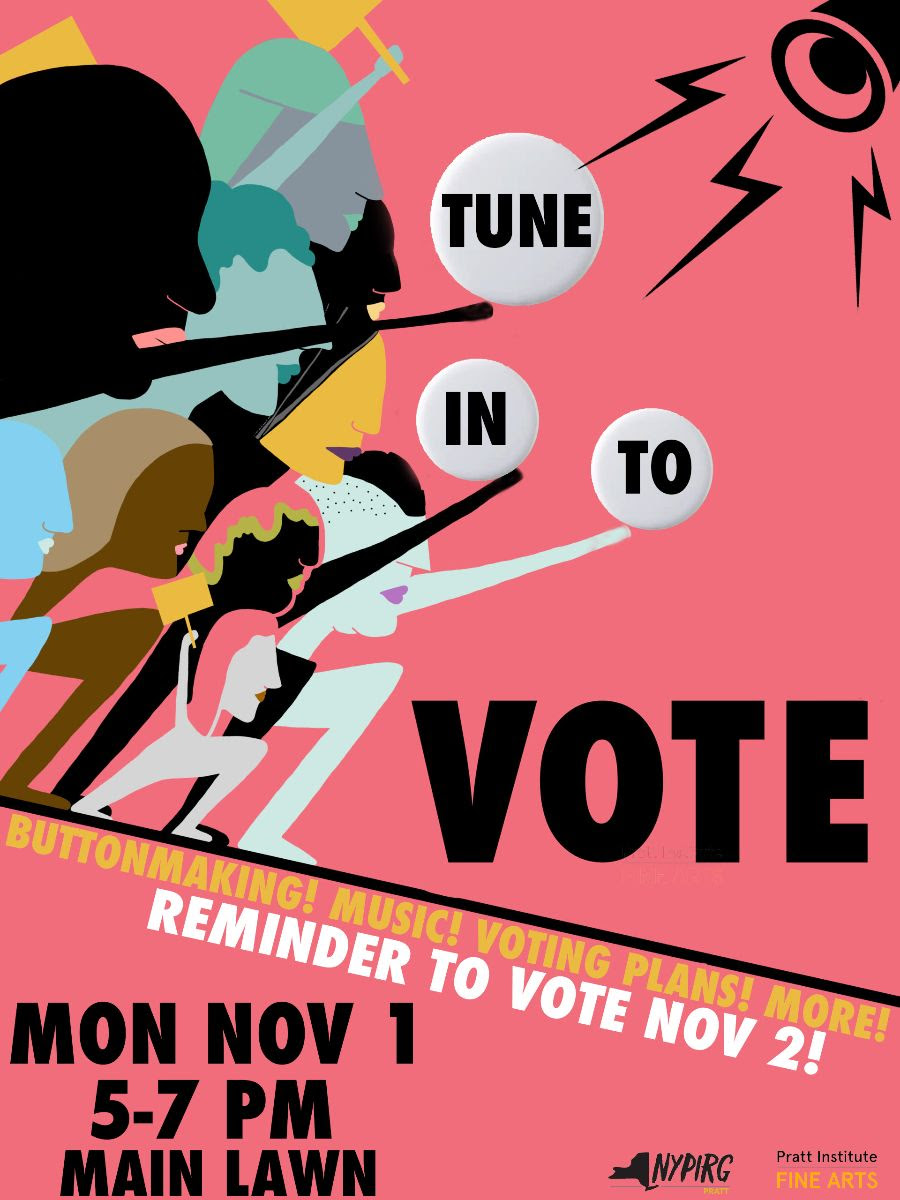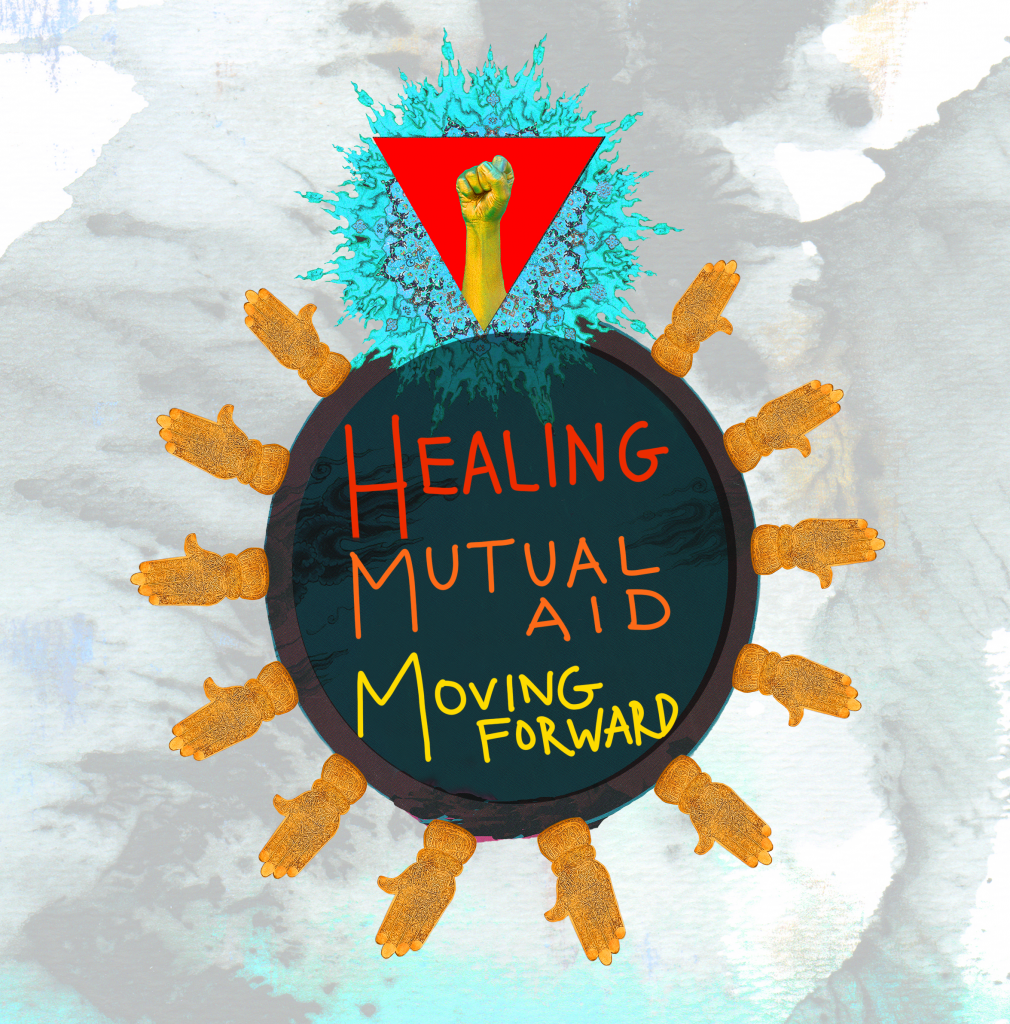Fine Arts’ Fellowship in Civic Engagement is a one (renewable to two) year position for an established artist who is active in collaborative, socially engaged practices that seek to address the social and political realities of communities. The Fellowship fosters interdisciplinary collaboration across the institute and forges relationships with external communities and organizations. In addition to teaching responsibilities in the Fine Arts Department, the fellow will develop programming and/or workshops connecting their practice to internal and external communities.
“I see so many more people coming into art school who, when you ask them what they want from their engagement with creativity, say they want to make change”. One way Pratt Fine Arts is addressing this desire is by emphasizing civic engagement through a network of socially engaged practitioners, artists who have the flexibility to navigate ambiguous spaces and re-imagine the structures we live in. “The other fundamental reason to have this kind of practice and this kind of practitioner come into an academic setting is to get something in motion but then to follow wherever that motion leads,” South says, emboldening artists to alchemize the strengths of the institution in support of the broader community while simultaneously modeling an inspirational way forward for the community at Pratt.”
– Jane South
This Fellowship is a full-time appointment in support of our ongoing commitment to an equitable and inclusive learning environment. The selected Fellow will foster interdisciplinary collaboration across the institute and forge relationships with external communities and organizations. In addition to teaching responsibilities in the Fine Arts Department, the selected fellow will develop programming and/or workshops connecting their practice to both internal and surrounding publics. This year, established artists who are active in cross-disciplinary, collaborative, socially engaged practices that seek to address environmental justice and climate crisis are encouraged to apply. We welcome applications from a diversity of practices.
Civic Engagement Fellow 2024-25: Alex Strada
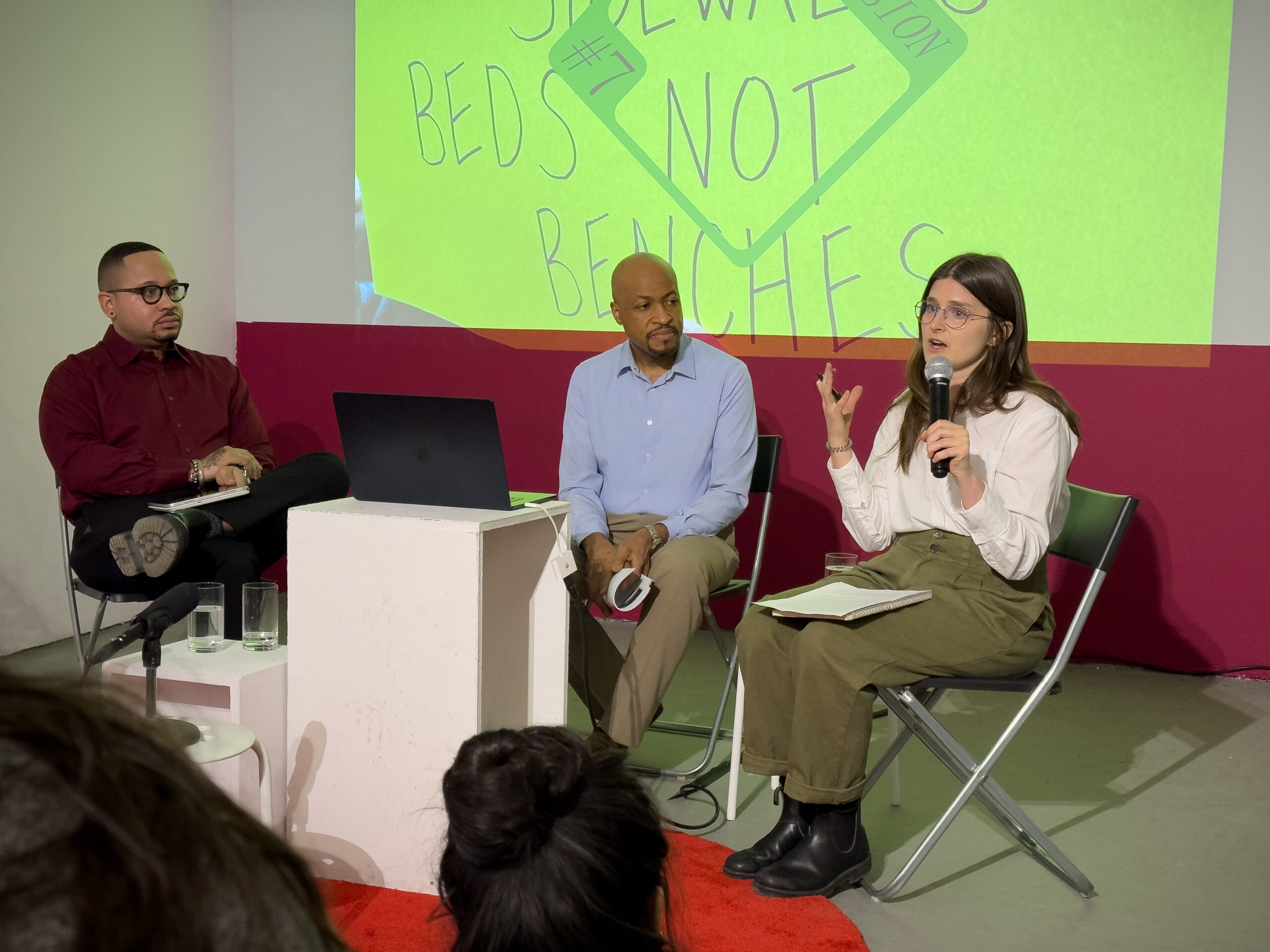
We are excited to announce that artist Alex Strada will join us this fall as our 2024 Civic Engagement Fellow! Many thanks to the search committee for their hard work in selecting Alex from a pool of excellent applicants.
——————————————
Alex Strada is a multimedia artist and educator based in New York City. Through film/video, installation, sound and orality, performance, and public art, her socially engaged projects explore collectivity, critical legal studies, and political transformation. Transdisciplinary collaboration is at the core of her practice. Since 2022, she has served as the inaugural Public Artist in Residence with the New York City Department of Homeless Services and the Department of Cultural Affairs, where she is working on a new collaborative public art commission while developing art programming in shelters throughout the city and mutual aid initiatives that serve people experiencing homelessness.
Her most recent project, Proposal for a 28th Amendment? Is it Possible to Amend an Unequal System? (2021-) is a collaboration with artist Tali Keren, and has been the subject of site-specific solo exhibitions at the Queens Museum in NYC; Yerba Buena Center for the Arts in San Francisco; and the Aldrich Contemporary Art Museum in Ridgefield, Connecticut. A new iteration will open at Project Row Houses in Houston in the fall of 2024.
Strada has received awards and grants from the Graham Foundation, Artadia, NYFA, NYSCA, Rema Hort Mann Foundation, and the Foundation for Contemporary Arts, and she has been an artist-in-residence at LMCC, Socrates Sculpture Park, and the Wexner Center for the Arts. Her work has been featured in the New Yorker, BOMB, New York Times, Montez Press Radio, New York Magazine, and on WNYC’s The Brian Lehrer Show. Strada holds an M.F.A. in Visual Arts from Columbia University and is a studio alumnus of the Whitney Museum’s Independent Study Program.
Alex is currently Public Artist in Residence at the NYC Department of Homeless Services (DHS) to help reframe how New Yorkers think about and understand the experience of homelessness and address the question, “Who are our clients? People, like you and me.”
“How do New York laws aid in preventing or perpetuating the experience of homelessness? I am specifically interested in exploring New York’s right to shelter law in relation to barriers surrounding access to affordable housing, people seeking asylum, and mass incarceration. I plan to draw from social practice and participatory storytelling to help create coalitions, increase advocacy, and create a space for people to collectively rethink how legal structures and alternate systems of care could be instituted to provide more support and aid to those who need it most,” said Alex Strada, 2022-23 PAIR with the NYC Department of Homeless Services.
“The PAIR program offers us a unique opportunity to work with a talented and experienced artist to reframe the public’s understanding of homelessness in New York City” said Department of Social Services Commissioner Gary P. Jenkins. “DSS-DHS is thrilled to partner with our Artist-in-Residence, Alex Strada, as she creatively explores the complex experience of homelessness and creates a public-facing art project that demonstrates that our clients are our neighbors, friends, and family members. Anyone can experience homelessness, and it is essential that we approach the issue of homelessness with compassion and understanding.”
Civic Engagement Fellow 2022-24: Mary Mattingly
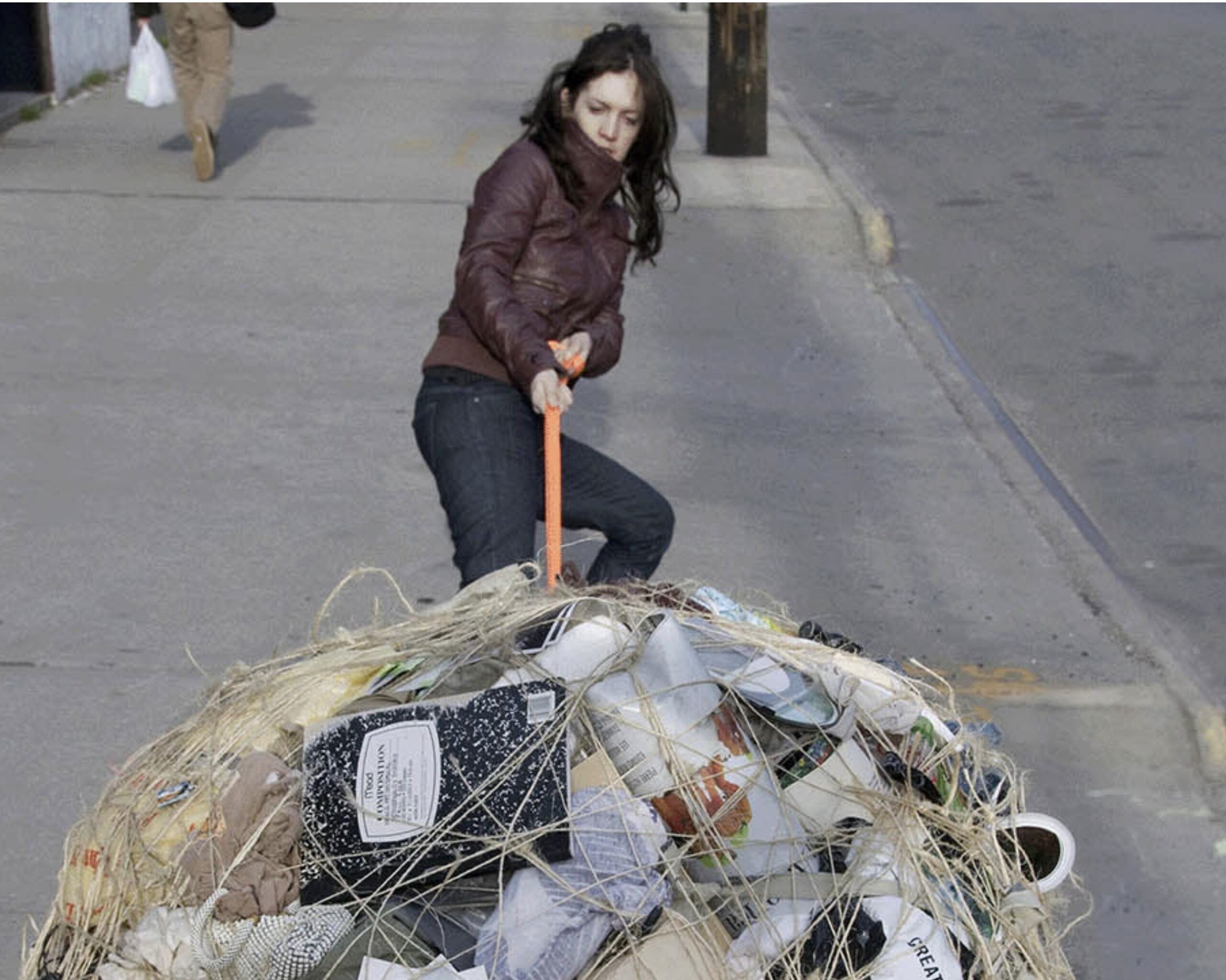
Mary Mattingly is an interdisciplinary artist based in Brooklyn. Mary co-creates sculptural ecosystems that address forms of public food and commons in New York City. In 2020 she was the Brooklyn Public Library’s Artist in Residence and launched Public Water with +More Art, a project comprised of histories of New York City’s Drinking Watershed and a sculpture that cleaned water while mimicking the watershed. In 2016 she launched Swale, a mobile free public food forest on a barge in New York City. Docked at public piers but following waterways common laws, Swale circumnavigated New York’s public land laws, and allowed anyone to pick free fresh food. The project helped instigate and co-build the “foodway” in Concrete Plant Park, the Bronx in 2017. Considered a pilot project, the “foodway” is the first time the New York City Parks Department is inviting people to publicly forage in over 100 years.
Mary has a research-based practice with a focus on environmental justice and co-learning. In 2019, she facilitated the Ecotopian Library, a tool library for change-building stemming from the belief that art and ecotopian thought can help cultivate systemic social change. In 2013 she bundled personal objects into large sculptures for performances about her own consumption, documenting the bundles’ contents and focusing on the complex military-industrial supply chain of the element cobalt.
Mattingly’s work has been exhibited at the International Center of Photography, the Museo Nacional de Bellas Artes de la Habana, the Bronx Museum of the Arts, Seoul Art Center, the Brooklyn Museum, Storm King Art Center, the Parrish Museum, Anchorage Museum, and the Palais de Tokyo. It has been included in the Havana, Istanbul and the Cuenca Biennales.
Former Civic Engagement Fellow 2020-22: Amy Khoshbin
